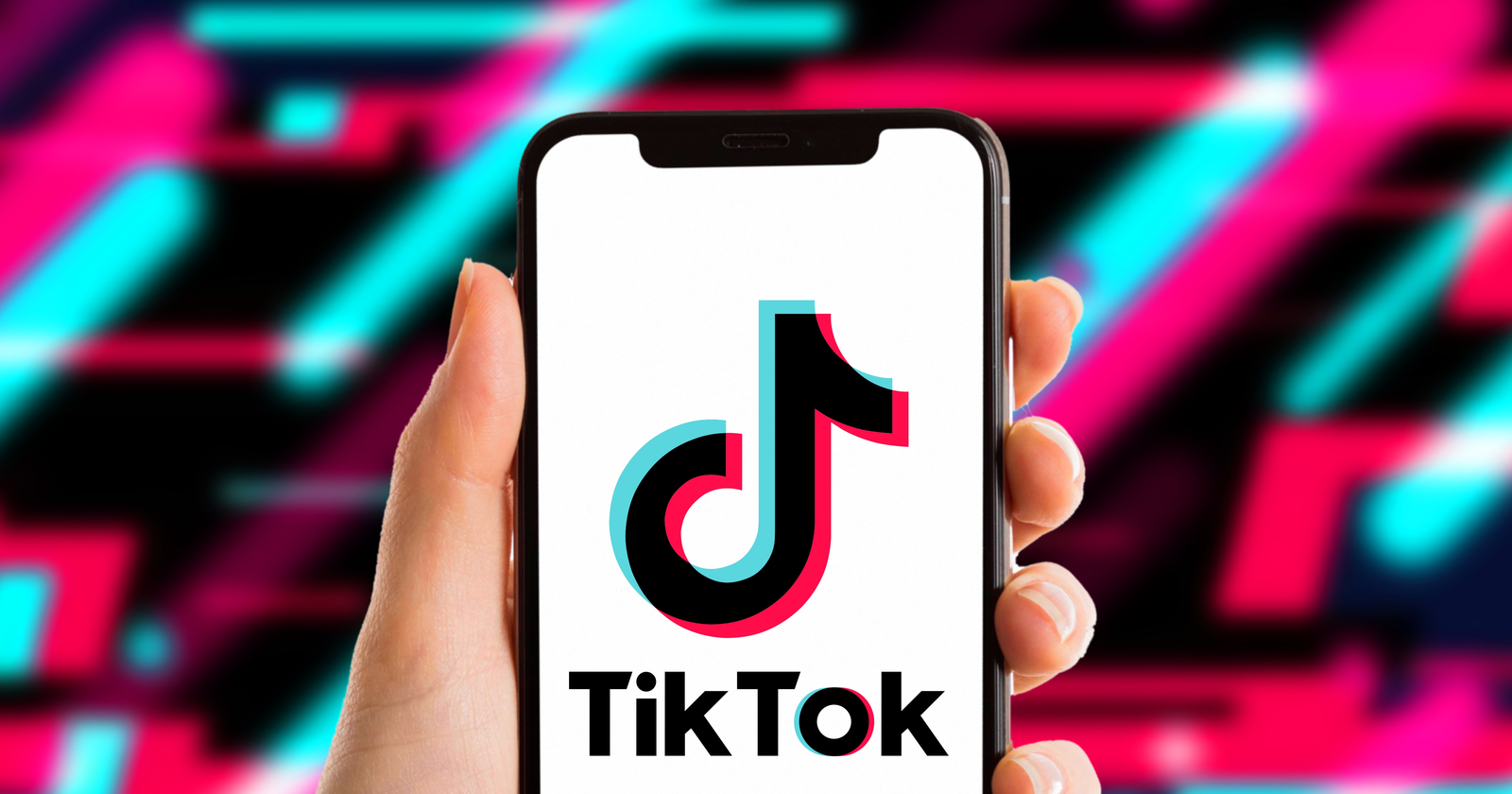TikTok, originally known as Douyin in China, is a social media platform that allows users to create and share short-form videos. The app was launched in September 2016 by the Chinese company ByteDance, and it quickly gained popularity among users of all ages. In the four years since its launch, TikTok has undergone significant evolution, becoming one of the most popular social media platforms in the world.
When TikTok first launched, it was primarily used as a platform for lip-syncing and dance videos. Users would record themselves lip-syncing to popular songs or performing choreographed dance routines, and then share the videos on the app. This quickly became a popular trend, with users creating and sharing videos that were both funny and creative.
As TikTok's popularity grew, the app began to expand its features to include more tools for creators. One of the first major updates was the introduction of the "Duet" feature, which allowed users to collaborate on videos with other users. This feature quickly became popular among creators, as it allowed them to combine their talents and create unique videos.
Another major update to TikTok was the introduction of the "Challenge" feature. This feature allowed users to create and participate in viral challenges, where users would film themselves performing a specific dance or performing a specific action. These challenges quickly spread across the app, with many users participating and sharing their own versions of the challenge.
As TikTok continued to evolve, it also began to incorporate more advanced features for creators. One of these features was the ability to add special effects, such as filters, stickers, and animations, to videos. This allowed creators to add a new level of creativity to their videos, making them more visually interesting and engaging.
In addition to these features, TikTok also began to expand its reach beyond just lip-syncing and dance videos. The app began to incorporate a wider range of content, including comedy, vlogging, and educational videos. This allowed a wider range of creators to find success on the platform, and it also helped to attract a more diverse user base.
Despite its popularity and success, TikTok has also faced challenges and controversies. One of the main challenges has been the app's security and privacy concerns, particularly in the US. In August of 2020, former President Donald Trump issued an executive order to ban TikTok in the US, citing security concerns. However, the ban was blocked by the courts and never took effect.
Another controversy that TikTok has faced is the accusation of censorship of certain content, particularly content related to the Chinese government. TikTok has denied these accusations, stating that it follows the laws and regulations of the countries in which it operates.
Despite these challenges, TikTok has continued to evolve and grow. The app has introduced new features, such as live streaming and e-commerce capabilities, and it has also expanded its reach to more countries around the world. Today, TikTok is one of the most popular and influential social media platforms, with over 2 billion downloads worldwide.
In conclusion, TikTok has undergone significant evolution since its launch in 2016. From its early days as a lip-syncing and dance app, TikTok has grown to become a diverse and influential platform with a wide range of features and capabilities. Despite facing challenges and controversies, TikTok has continued to evolve and grow, solidifying its place as one of the most popular and widely used social media platforms in the world.




0 Comments